- Solana’s corporate reshuffle with the birth of Anza sparks debates on decentralization’s authenticity.
- Amid regulatory scrutiny, Solana’s restructuring aims to tackle centralization concerns and past controversies.
- Solana’s move to establish Anza raises questions: is it genuine decentralization or a strategic response to legal hurdles?
In the dynamic world of cryptocurrencies, decentralization reigns supreme as the guiding principle shaping blockchain networks. However, as companies strive to demonstrate their commitment to decentralization, critics are quick to label their efforts as “decentralization theater” if they fall short. The latest development in this ongoing saga unfolds at Solana, one of the industry’s major players, as it announces a significant corporate restructuring. But is this move truly a step towards decentralization, or merely a strategic maneuver to deflect criticism?
A Shuffling of Entities: The Birth of Anza
The latest episode in this ongoing drama unfolded on Tuesday, as the team behind Solana, one of the largest blockchain networks, announced a significant corporate restructuring. This maneuver, which involves the creation of a new entity called Anza, aims to address concerns about centralization within Solana’s ecosystem. However, the effectiveness of this effort remains uncertain, raising questions about its true motives and implications.
The transition involves approximately 45 employees from Solana Labs, one of the entities associated with the blockchain, migrating to Anza. Their mission is twofold: to foster further decentralization within Solana’s ecosystem and to pursue the development of new applications and products. Jeff Washington, a former engineer at Solana Labs and now a co-founder of Anza, emphasized the timing of this move, stating, “Now’s the right time for us to figure out how to build a standalone business.”
Navigating Controversies: The Road to Anza
The decision to establish Anza comes amid a backdrop of heightened scrutiny from both regulators and industry observers. Solana has weathered its share of controversies, including the bankruptcy of FTX in November 2022 and allegations from the Securities and Exchange Commission regarding the status of SOL as an unregistered security. While Solana Labs insists that the creation of Anza is part of a strategic plan, skeptics remain unconvinced, questioning the timing and motivations behind the move.
Jed Halfon, now the Chief Strategy Officer at Anza, contends that discussions about the new entity began in earnest in 2022, positioning it as an opportunity to leverage existing talent and enhance the credibility of Solana’s ecosystem. However, internal discussions within Solana Labs reportedly referenced external pressures, including lawsuits and regulatory challenges. The establishment of Anza Technologies, Inc. in Delaware, just weeks after the SEC raised concerns about SOL, has raised eyebrows, despite claims that it was merely coincidental.
One point of contention revolves around the structure of token vesting, which dictates how employees receive SOL tokens over time. Delays in launching Anza were attributed to negotiations over this issue, highlighting the financial stakes involved for employees. While some view this as a minor hurdle, others see it as indicative of broader challenges within the organization.
Also Read: Solana Supercharges Enterprise Adoption with Token Extension Standards
Legal experts offer divergent views on the implications of Solana’s restructuring. While some see it as a proactive step towards decentralization, others view it as a defensive maneuver to mitigate regulatory risks. Amidst regulatory uncertainty, opinions vary on the effectiveness and sincerity of Solana’s efforts to decentralize its ecosystem.
As the cryptocurrency industry continues to navigate regulatory hurdles and public scrutiny, the saga of Solana and its quest for decentralization underscores the complexities and challenges inherent in this evolving landscape. Whether Anza represents a genuine commitment to decentralization or merely a theatrical performance remains to be seen.



